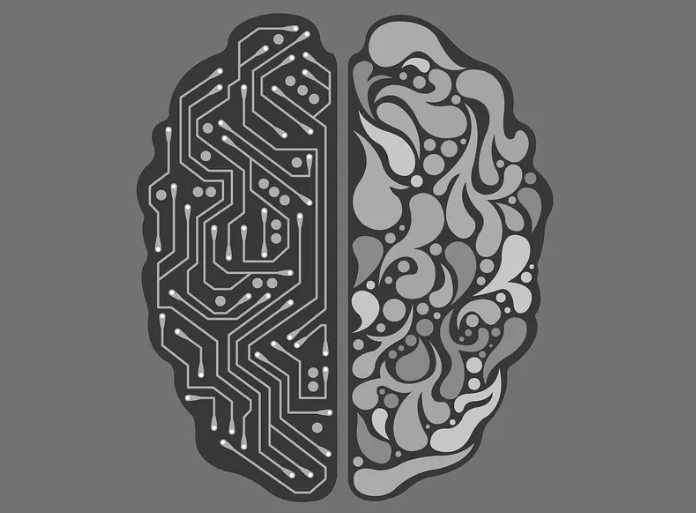
Artificial Intelligence (AI) stands as a domain in science and engineering, aspiring to grant computer systems human-like intelligence. This encompasses attributes such as learning, problem-solving, language comprehension, perception, and decision-making. In our rapidly evolving technological landscape, AI has seamlessly integrated into our daily lives, reshaping how we work, communicate, and engage with the world.
ChatGPT: Facilitating Human-Centric Communication
AI models, exemplified by ChatGPT, elevate human-computer communication, fostering natural and effective interaction. This technological advancement extends personalized experiences across diverse sectors, from customer service to education and healthcare. The human-like language understanding capabilities pave the way for a more accessible and user-friendly digital realm.
Automation’s Role in Business Efficiency
AI revolutionizes the business landscape through automation, streamlining routine tasks and empowering humans for more creative endeavors. Models like ChatGPT contribute to answering queries, generating educational materials, and aiding software development, thereby enhancing efficiency and providing a competitive edge.
AI’s Impact on Education and Healthcare
In education, AI holds promise for personalized learning experiences. ChatGPT, as an example, can create tailored learning materials, answer questions, and offer detailed explanations, fostering an interactive and adaptive learning environment. Similarly, in healthcare, AI models assist by providing information about symptoms and supporting basic diagnostics.
The Imperative of Conscious AI
The concept of conscious artificial intelligence involves an AI system’s awareness of its existence, surroundings, and purpose. Presently, AI systems exhibit limited consciousness, and the pursuit of higher levels raises ethical and security concerns.
Challenges and Considerations:
- Transparency in Decision-Making: Complex decision processes in conscious AI may lack transparency, posing ethical concerns about algorithmic fairness and accuracy.
- Privacy Implications: Conscious AI’s need for extensive data analysis raises privacy concerns, especially when dealing with personal information.
- Potential for Misuse: Conscious AI, if misused, could have manipulative consequences, violating privacy and ethical norms.
- Security Risks: Developing conscious AI systems introduces cybersecurity challenges, making them susceptible to attacks and data breaches.
- Social and Ethical Responsibility: Developers must navigate societal impacts, addressing issues like unemployment and social inequality caused by AI implementations.
Shaping the Future Responsibly
AI, exemplified by ChatGPT, will continue shaping our lives. Responsible development involves expanding applications, fortifying ethical standards, and addressing security concerns. As we guide AI consciously, the future envisions a world that is more intelligent, connected, and human-centric.
AI’s Role in Sustainability
On a broader scale, AI is poised to impact sustainability and environmental issues. Advanced sensors, driven by AI, promise to make cities less crowded and more livable. Stuart Russell notes that AI’s language understanding capabilities are still evolving, emphasizing the distinction between human and artificial intelligence. However, if AI achieves language understanding, it could access and comprehend the entirety of human knowledge, presenting transformative possibilities.
Intelligence is a nuanced exploration. While challenges persist, the collaboration of AI with human ingenuity holds the potential to craft a future that seamlessly integrates advanced technology into the fabric of our existence. Websites can leverage AI through collaboration with Digital Agency, ensuring they remain at the forefront of this transformative wave.














